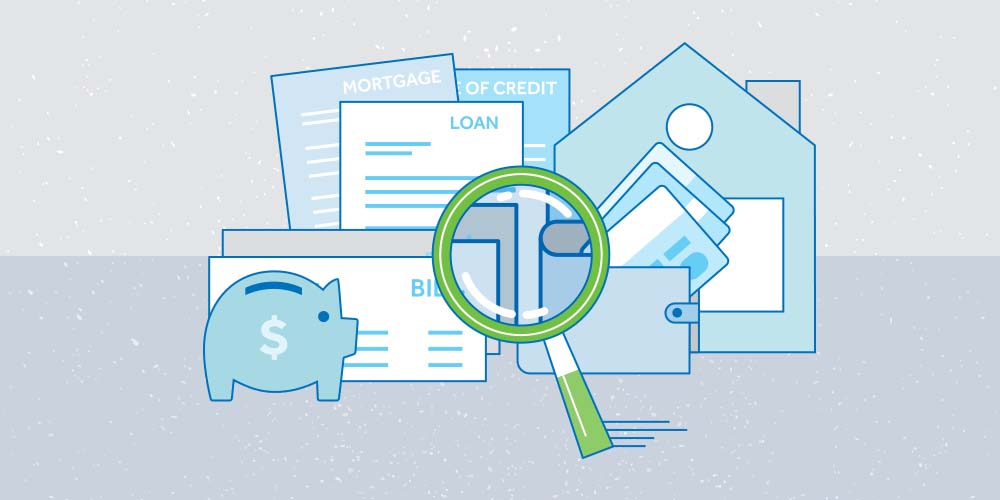Read the first part of our Tackling Debt mini-series: Create a plan.
So now you're debt free, or at least have a very manageable debt load - good for you! With a little planning you can stay that way. Here are seven questions to ask before you charge or borrow for that next purchase.
1. Do you really need or want the item, or is it an impulse purchase?
Access to credit cards or a line of credit makes it easy to buy, even when you shouldn’t. Put the item on hold and wait at least 24 hours before making a purchase. You may change your mind.
2. Can you afford it?
Nothing in life is certain. Yes, your income could change tomorrow, but for the most part is your financial situation stable? If you take on this debt would you have some breathing room should your circumstances change?
3. Will it improve your financial future?
The best kind of debt will improve your future. You can think of this in three ways: 1. when using it to purchase assets that appreciate in value, such as the mortgage on your home; 2. when it has the potential to generate income, such as a loan to purchase RRSPs; and, 3. when it can improve your future prospects, such as a student loan to help you get an education.

4. Will you save more on the sale price than you'll spend on interest charges?
The sale seems too good to pass up. You want to make that major purchase now, but you’ll have to use credit. How long will it take you to pay off the debt? What will the interest charges add up to during that time? Compare that amount to the “savings” you are getting by buying now. Are you really saving money in the long run?
5. Should you use your savings or take a loan?
You’ve decided to make a major purchase, but you must decide whether to dip into your savings or take out a loan. Compare the interest earned on your savings to the interest paid on a loan. However, it’s not a simple matter of math. Your savings account also offers you some financial security, and it may be worth it to you to pay a little bit more interest over time rather than deplete your savings.
6. Will the item substantially increase in price by the time you have saved enough money to buy it?
Many major purchases, such as cars and appliances, increase in price each year. If you really need to make the purchase, you may want to take out a loan and buy the item sooner than later. Before you do this, take some time to calculate whether your budget can handle the debt payments.
Our 5-year loan special offers a low rate plus cash back* Get started
7. Are there additional costs associated with the item after you’ve purchased it?
Now that you’ve made a new purchase, all that’s left is to pay off the loan, right? Wrong! Many purchases, such as a home or car, require maintenance. There can be some big costs associated with some purchases, so be sure you plan ahead for those, in addition to your loan payments.
And remember, before you sign any loan documents:
- Understand what will happen if you can’t make your payments or if you miss a payment.
- Ask about any fees you'll have to pay (other than interest).
- Know how the interest rate is determined and ask if it will change.
Paying down debt can be a daunting task, but with a solid plan and support (perhaps from your trusted financial advisor) in place, you'll feel good about being on the path towards becoming debt-free.
*Rates and offers are subject to change without notice. Terms, conditions and standard rate holds apply.

